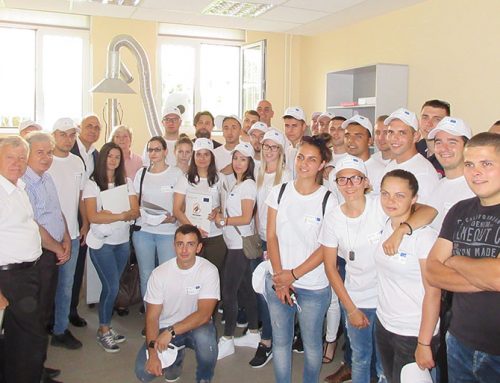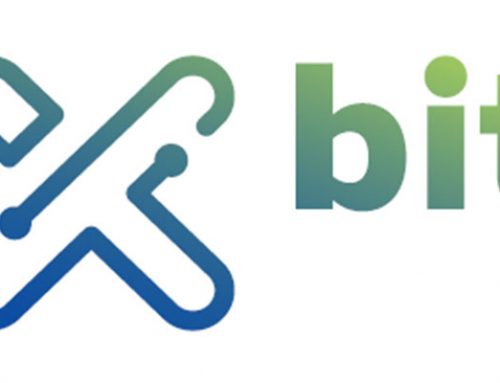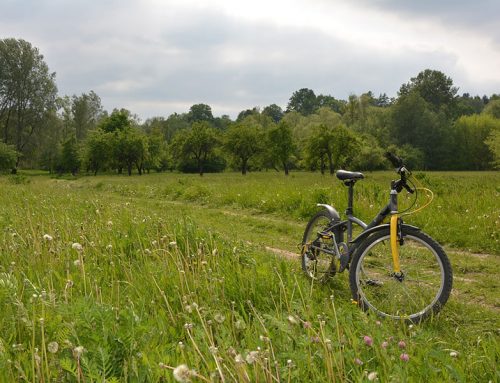“This is the first time that we’ve ever gone to school as our mother didn’t allow us to go to school. She was always afraid that someone would kidnap us and each time the school year started, she would take us somewhere else. The police and social workers would come to our door, but she would hide us away each time. She died three years ago, and we got our second chance at an education.”
Marko Stankovic, 23, and his sister Marijana, 21, are reflecting on how they came to sign up for a second chance at an education in Požarevac, eastern Serbia. The duo decided to make up for their lost school years by enrolling in their local primary school’s Functional Elementary Education for Adults (FEEA) scheme that was first launched in a select number of elementary schools in Serbia in the 2011/2012 school year. The siblings are just two of more than 4,000 adults aged over 15 who are expected to receive an elementary education under the pilot FEEA scheme, which was awarded €4 million in funding from the European Union and runs until June 2013.
The Stankovics’ background may not be typical of all the other adults who will eventually take part in the educational project but their reason for wanting to go back to school was the same: they had a genuine desire to improve their literacy and numeracy skills and their chances of getting a good job.
In April 2012, a survey of the first school year that the pilot FEEA programme ran showed that the average programme participant was 28 years old, unemployed and had completed only four grades of primary education in childhood.

Improving literacy rates
The drop-out rate from compulsory elementary education in Serbia is still relatively high. According to the 2002 census, nearly 22% of adults aged 15 or over had not yet completed their primary education. This has helped to sustain an unwanted cycle of illiteracy, unemployment and poverty among thousands of young Serbian adults, many of whom are of Roma ethnicity and/or come from already socially disadvantaged families. The EU-funded ‘Second Chance’ project that organised the FEEA programme was launched as a way of rectifying this situation by offering adults who lack a basic education the chance to acquire further knowledge and skills and improve their employability for free. Central to the project since its inception in September 2010 has been the creation of primary school curricula adapted to the needs of adults and those of the labour market.
During 2011/2012 and 2012/2013, some 80 primary schools and 75 secondary vocational schools took part in the pilot scheme. Participating adults were able to pursue studies in any one of three educational cycles: grades 1 to 4 of primary education; grades 5 to 6, or grades 7 to 8 along with vocational training in one of 35 vocational profiles, such as gardener or pizza chef. Upon completing their courses, the adults were issued with nationally recognised diplomas. Once the legal and institutional framework has been put in place, the Serbian education authorities are now set to continue the FEEA programme as a permanent arrangement within its system when the EU project ends in September 2013.
More information
Project: ‘Second Chance’ – Systemic Development of Elementary, Practice-Based Adult Education in Serbia
Implemented by: Gopa – www.gopa.de; European Association for the Education of Adults – www.eaea.org; dvv International – www.iiz-dvv.de
See also: Ministry of Education and Science, Republic of Serbia – www.mpn.gov.rs




